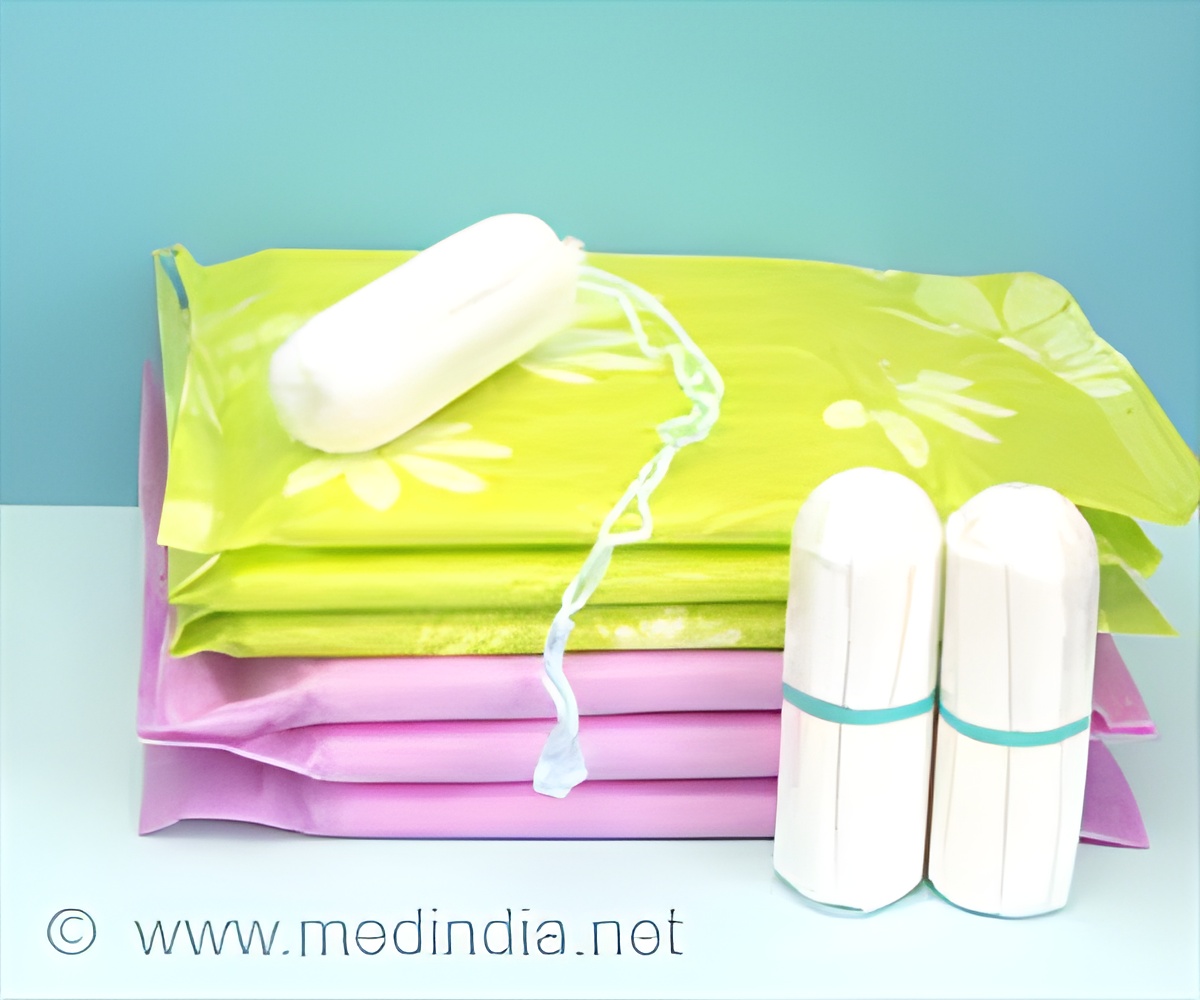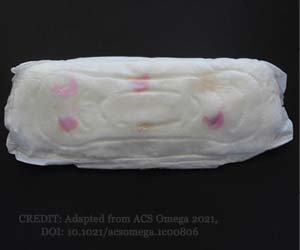Is it right to blame women for plastic pollution? Women contribute to 105 kg of plastic waste by disposing menstruating products like sanitary pads, tampons and menstrual cups

‘Women are now a threat to Mother Earth. Women are to be blamed for plastic pollution by disposing of menstruating products such as sanitary napkins, tampons, and menstrual cups.’
Read More..




Read More..
Advertisement
Menstruation is No More a Women’s Problem: Here’s Why
Non-biodegradable sanitary products add a significant amount of plastic waste to the environment. This has hazardous effects not only on global warming but also on animal health both on land and in water, as well as resource depletion.Advertisement
How Much Plastic is Generated From Period Products?
The numbers are shocking from the menstruation perspective, and the effect of menstruating products on our environment is estimated at approximately 121 million women dispose of around eight sanitary napkins per menstrual cycle. This computes that around 12.3 billion disposable pads are added to landfills annually! Each woman generates around 120kg of plastic waste during her menstruating years. To tackle this issue, there needs to be a system in place to tackle menstruation waste, especially used sanitary plastic pads.Advertisement
Choose Eco-friendly Menstrual Products
In cognizance of the ongoing decline in the health of our planet and climate, it is imperative that these products which are a necessity for women for most of their lives must be chemical-free and biodegradable. As preventive measures, the use of sustainable, biodegradable products in routine life can reduce waste generation. Biodegradable and reusable products like bamboo razors and menstruation cups also augment better waste management as opposed to using one-time products. This would also reduce the harmful products that are dumped in landfills. As per Anika Parashar, founder, and CEO of The Woman's Company, incinerators could also be the way forward. Instead of finding their way to our landfills, water and ultimately the soil, the pads, when incinerated, will be turned into ash, aiding climate health.Research shows that non-biodegradable menstrual pads take between 500 and 800 years to break down, and when they do break down, they eventually become microplastics, i.e., pieces of plastic that are less than 5 millimetres in size. These microplastics then find their way to our soil system and even oceans. As opposed to this, organic, biodegradable tampons biodegrade within 6 months.
Therefore, the way forward to deal with this is for women to be aware of the kind of products that they are opting for. Instead of what's pushed in the market, look for brands and alternatives that are abiding by sustainability.
Can Reusable Menstrual Cups Reduce Plastic Pollution?
Alternatives such as menstrual cups are a great pick if you are comfortable using them. Reports suggest that a menstrual cup creates about 0.4 percent of the plastic waste produced by pads and only 6 percent of the plastic waste produced by tampons."If you are not comfortable using reusable menstrual products, invest in pads that are sustainable, including the packaging they come in. When buying disposable pads, look for non-chlorine bleached pads and tampons that are made with organic cotton and without plastic applicators," says Anika.
Say ‘No’ to Plastic Pads to Have a Safe and Greener Periods
Many young Indian startups are working towards providing sustainable alternatives to chemical-laden sanitary pads. Research what works for you, your flow, and your lifestyle, and then make these small changes that can be extremely effective in removing plastic waste from the ecosystem while ensuring your comfort.Source-IANS









